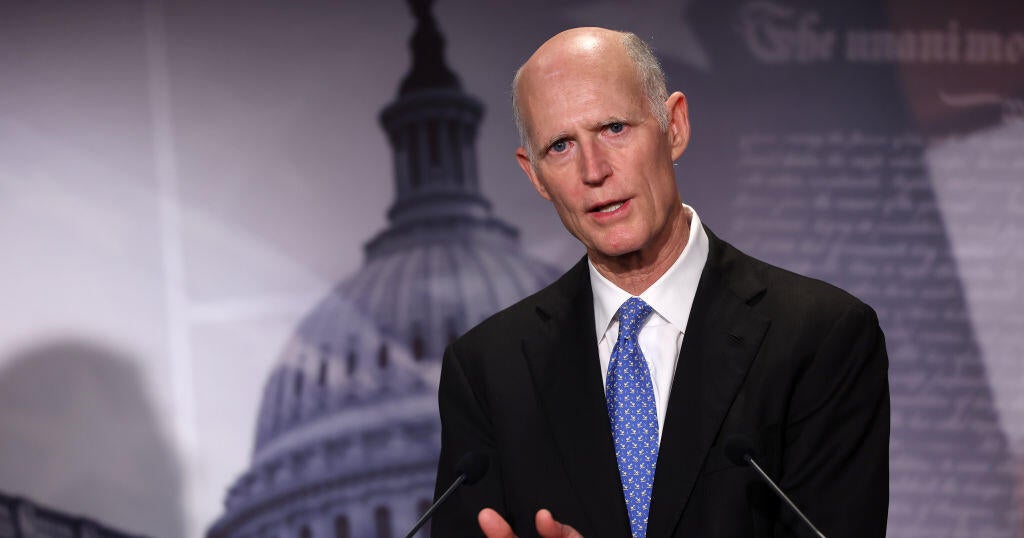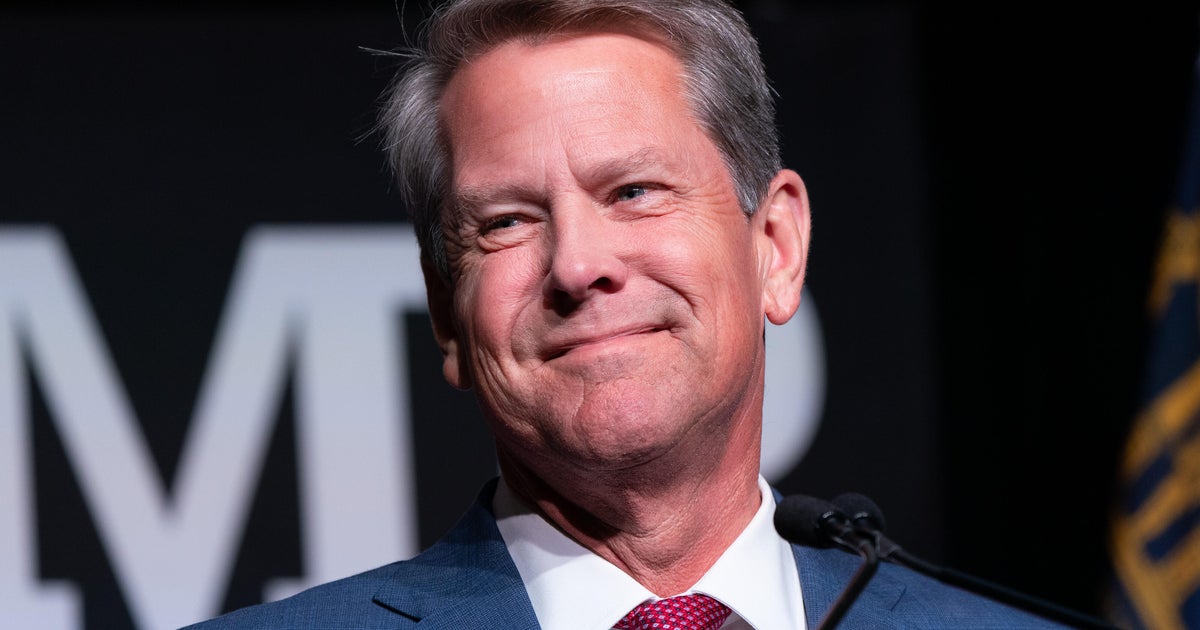Trump encourages supporters to independently monitor polling places — a federal crime
At the first presidential debate Tuesday evening, President Trump encouraged his supporters to monitor Election Day polling places for instances of fraud.
"I am encouraging my supporters to go into the polls and watch very carefully, because that's what has to happen — I am urging them to do it," Mr. Trump said during the chaotic inaugural debate held in Cleveland, Ohio. The president continued, "There was a big problem, in Philadelphia they went in to watch, they're called poll watchers, very safe very nice thing — they were thrown out, they weren't allowed to watch," he said, adding, "You know why? Because bad things happen in Philadelphia, bad things."
Poll watchers are observers who are typically paid workers of a government organization — such as state parties, the Republican National Committee, the Democratic National Committee — who observe polling places for potential issues. Every state has different parameters, but watchers usually must be registered to vote in whatever state or county in which they're operating.
Each state also has different rules and regulations for the number of poll watchers per precinct, who can be a poll watcher, and what they are allowed to do. The so-called poll watchers referenced by Mr. Trump were not approved, The Philadelphia Inquirer reported. In fact, no poll watchers from the Trump campaign, the Republican Party, or other Republican campaigns have been certified to monitor in the city.
And poll watchers don't have the same rights at satellite locations as they do at traditional polling places on Election Day.
"We don't give someone a poll watcher certificate to … watch somebody fill out their ballot at their kitchen table," Al Schmidt, a Republican, and one of the city commissioners who runs elections, told the the Inquirer.
Philadelphia election officials correctly kept civilians — would be intimidators — away from satellite election offices. The individuals who showed up were not working in an official capacity.
Watchers are not official election personnel who are in any way part of administering an election. They act in the capacity of helping to safeguard voting, making sure that everything runs smoothly. A poll watcher, for example, can notify election officials of issues such as long lines, or a lack of poll officials at a site.
The president's call to supporters is different than calling for certified poll watchers.
"I am urging, I am urging my people," Mr. Trump said Tuesday. "I hope it's going to be a fair election, and if it's a fair election I am 100% on board. But if I see tens of thousands of ballots being manipulated I can't go along with that." There is no evidence of such widespread ballot manipulation.
By encouraging his supporters to watch for "fraud" in an unofficial capacity, the president was suggesting they commit a federal crime. It is illegal in all 50 states for civilians to loiter around polling places and intimidate voters. The president has previously encouraged supporters to intentionally vote twice, which is also illegal.
Nevada Attorney General Aaron Ford responded to the president's remarks with a tweet and a warning: "[H]e wasn't talking about poll watching. He was talking about voter intimidation. FYI -- voter intimidation is illegal in Nevada. Believe me when I say it: You do it, and you will be prosecuted."
Some states permit poll watchers to challenge an individual's right to cast a ballot, however, one requirement is held in common across the country: Poll watchers cannot interfere with the ballot process. Despite that national stipulation — in place to protect a person's right to vote from intimidation or interference — the president has repeatedly suggested that independent citizens, as well as law enforcement, should monitor the voting process.
"We're going to have sheriffs, and we're going to have law enforcement, and we're going to have, hopefully, U.S. attorneys, and we're going to have everybody and attorney generals," Trump said of voting locations in an August interview with Fox News commentator Sean Hannity. Federal law prohibits any "civil" or "military" federal officer to order "troops or armed men" to polling places, unless they are needed to "repel armed enemies of the United States."
The Republican party is planning a multi-million dollar effort to monitor what happens at polling places on Election Day, including efforts to recruit an estimated 50,000 volunteers to act as poll watchers. Democrats say the Trump campaign and Republican party are working to recruit supporters to act as intimidators.
For former Georgia Democratic gubernatorial candidate Stacey Abrams, such tactics are a familiar threat. Abrams, who lost to Republican Brian Kemp by a margin of less than 2%, thinks voter suppression led to her defeat. Her new organization, Fair Fight 2020, is working to ensure that all voters have access to the polls, and to advocate for election reform at all levels.
"We have to recognize that voter suppression is no longer the images from the 1960s, or the laws of the 1960s that forbade voting for African Americans," Abrams told "CBS This Morning" last month. "... What we're talking about is whether you can register and stay on the rolls, whether you can cast your ballot, and whether your ballot is counted."
"Over the last 20 years we have seen numerous laws propagated that have eroded your ability to do those things, especially if you're in a marginalized community, a community of color, or from a community that is seen as less valuable to the Republican party," she said. Adding, "it's much more insidious."





